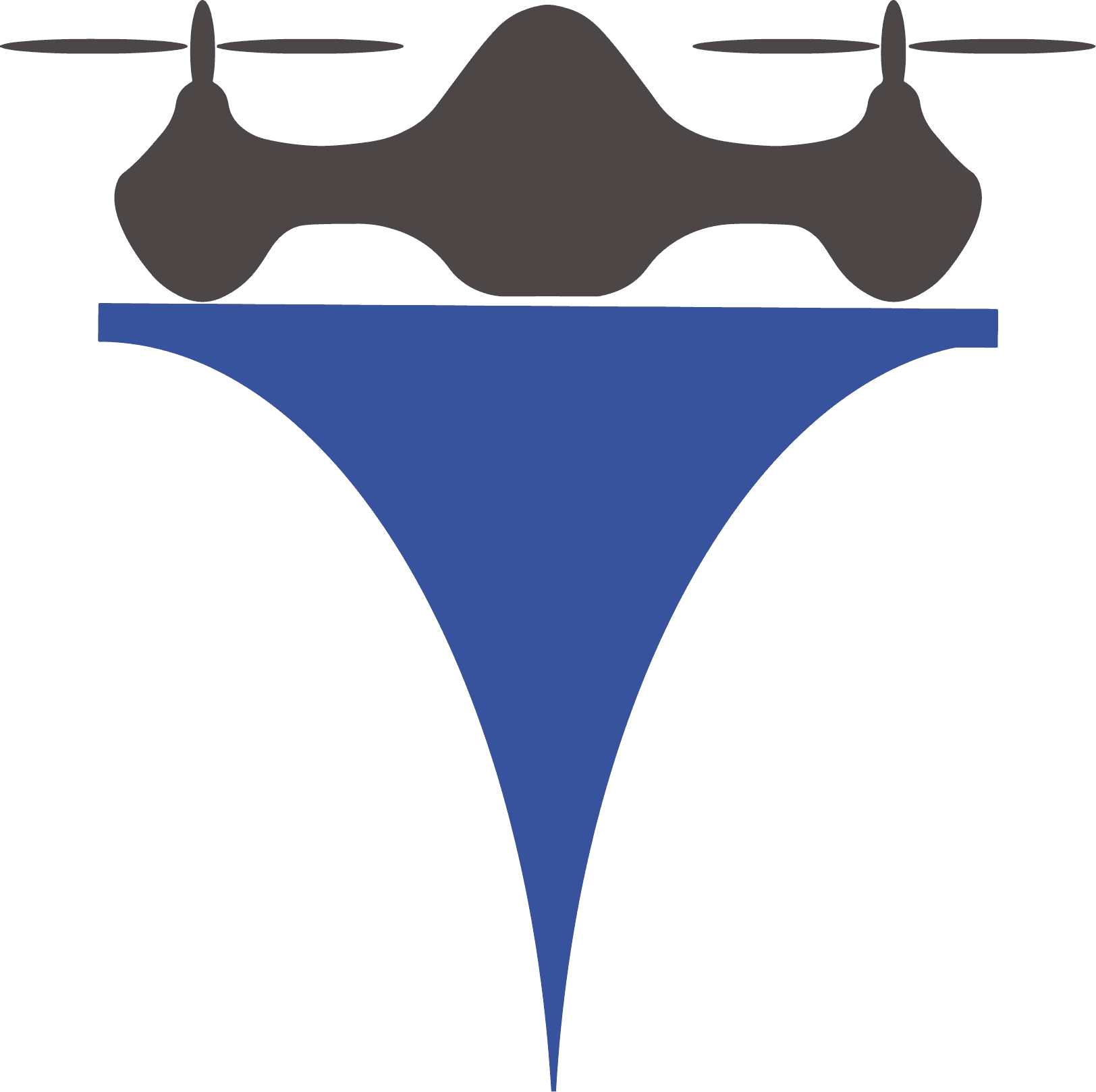
Mid Surgery Tissue Sample Delivery By TSAW Drones, In Collaboration with ICMR
by Shoaib Ahmed
11 June 2024
Today India is growing at a pace that was unimaginable a decade back. It's now mundane for us to wake up and expect 8-minute delivery for everyday groceries. Similar to the introduction of mobile phones in the early 2000s, the immense traction they achieved and today we can’t imagine our lives without one. It is rare to find such examples in their infancy, but credit goes to where it's due. Recently TSAW drones achieved a significant milestone to mark in history when it used its logistics drone capability to deliver a tissue sample. while the surgery was ongoing and the results of sample tests were used to make mid-surgery decisions. This particular case was such a huge operation for the whole TSAW team that it actually gave meaning to what they do. It has really saved a life and has paved a new direction of thoughts which can further help people in unimaginable ways. It has added a new chapter to the infrastructure development and growth of our country.
Last month TSAW carried out an oncological tissue delivery under controlled temperature and humidity conditions between two hospitals for laboratory testing of the tissue sample. What made this simple tissue sample delivery a challenging feat was the cold chain logistics that were involved and the criticality of time boundation for this delivery.
By road distance between Dr. TMA Pai Rotary Hospital, Karkala and Kasturba Hospital, Manipal, Udupi both situated in Karnataka is 37 km. Poor road conditions and traffic make the road based deliveries take 60 minutes. Worsening the condition the high vibration in transport sometimes damages the sample's integrity. On Wednesday 16th,2024, a drone delivery was planned between these two hospitals. Planned on a weekday to actually assess the feasibility of such an operation. The collaboration between the Manipal Academy of Higher Education (MAHE) and the Indian Council of Medical Research (ICMR) took the bold initiative to connect a Peripheral Hospital and advanced pathological testing Tertiary hospital at Kasturba Hospital, Manipal to conduct the sample delivery using a drone. Scheduled for mid-surgery testing, a patient was being operated on at Dr. TMA Pai Rotary Hospital, Karkala, to check if the detected tissue is cancerous. The crucial test for the sample had to be carried out at the testing facility at Kasturba Hospital, Manipal. A small tissue sample was dissected and packed in thermal containers for transport which were placed in the drone. It took 16 minutes to reach the testing facility, after which the sample was given to the lab for testing. The results of the test from dissection to report generation took less than half an hour and the doctors operating on the patient continued the surgery with the information from the report. The results were used to make mid-surgery decisions and finalizing further courses of action.
The physical health of a patient is taken care of by the doctors however now the mental health could also be cared for. It provides a relief to the patient's mental health that he might only need to go through a single surgery and not through the long-drawn oncological surgical procedures on multiple days as was done earlier.
The showcase of such an ability to enable faster decision-making during surgery where setting up a new testing facility in a remote location is a huge challenge in terms of monetary and infrastructure requirements. It gives new hope about the ability to provide the highest level of healthcare services in Indian scenarios by leveraging technological advancements. Together with Dr. TMA Pai Rotary Hospital many other such peripheral hospitals are being connected to the tertiary testing facility and improved access to high-level health care for the people in these areas sets new avenues of growth not only in the cities but for the rural expansion as well. Developing a network of delivery services in multiple fields would practically reduce the pressure on our growing cities which is witnessing an immense inflow of migrants from rural India in search of opportunities and better lifestyles.
With the developing infrastructure and expanding drone service network, we have seen numerous challenges as well which inhibit the pace. To make drones a first option for transport and delivery we need the technology to be very reliable and very accurate. The most prominent of the minions is the bad weather, designated no-fly zones, as well as compliance requirements with the governing bodies. For the safety factor drones entering the commercial airliner space must be compatible enough with existing aviation infrastructure, which is crucial, for both as most cities will have a working airport in the vicinity. We are slowly developing towards bigger and better drone and service models where one can imagine in the coming decade drones will take over autonomous deliveries as well as passenger services.
Related Blogs